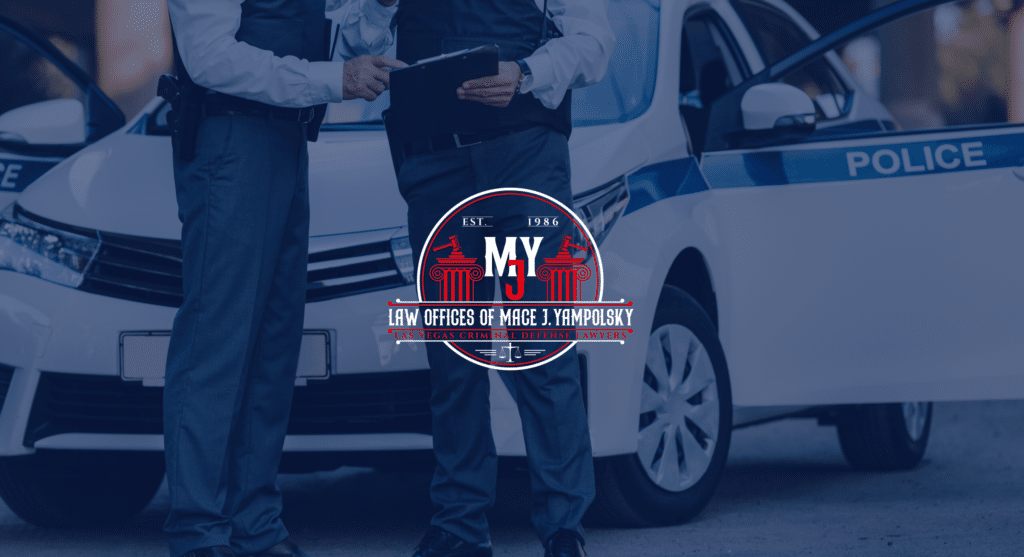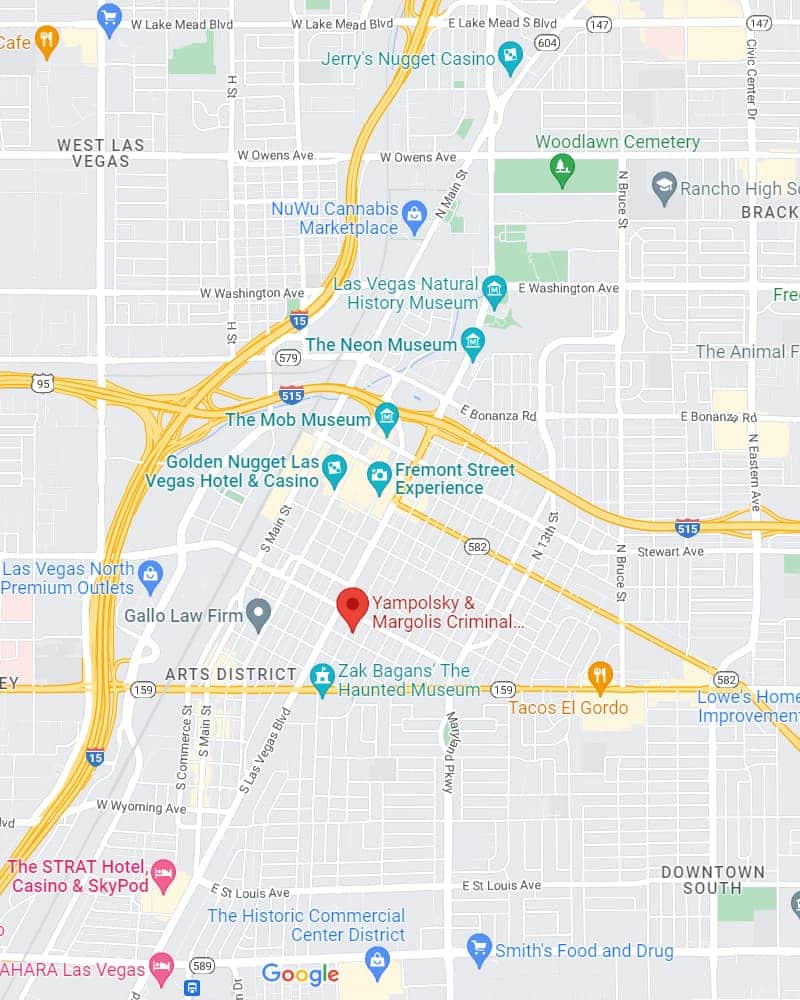If you have been charged with a criminal violation, crime or violation, the arresting officers should warn you that anything you say can and will be used against you. This is known as your “Miranda warning” and pertains to anything you say, or do, from that point on.
When the prosecution investigates your case, they may speak to witnesses, search your home and business, and look at anything you post on social media. Everything you have said or done is not considered “fair game” to use against you.
Everyone uses social media sites (such as Facebook, Instagram, Twitter, Tik Tok, and more) to connect with friends and family. However, anything you may have posted related to your criminal charge will be used to prove the prosecutor’s case and could (and usually will) affect your case negatively.
Criminal charges and their concurrent penalties can be life-changing. The prosecutor, law enforcement, investigators, etc., will attempt to dig up any evidence to help them win their case.
You certainly can see how social media, where you post personal and intimate information, can and usually will be used against you and can be highly detrimental to you and your case.
In most criminal cases, social media posts are used to find evidence, confirm or discredit a possible alibi, develop illegal connections, find suspects, discover incriminatory statements, and much more.
Unfortunately, what’s done is done, and if you try to conceal or delete posts after you are charged, that usually will work against you also. There are also things you should not post on social media after you are charged, and your experienced Las Vegas criminal defense lawyer will explain them to you.
If you are charged with a criminal offense in Las Vegas, you must consult with a qualified, experienced, and knowledgeable criminal defense lawyer as soon as possible. However, many law firms are not as familiar as others in working with social media posts, how they can be used in your case, and even help defend against them. So, consulting with a Las Vegas criminal law firm that is an expert in social media use and misuse is vital.
Aren’t My Social Media Posts Private Though?
You may think it is, but it is not so, and this is especially true when it’s used in criminal court proceedings.
Current social media laws allow the police, court investigators, prosecutors, etc., to obtain information from all your social media accounts. This is also true if you have set your social media profile to “private” settings.
In most cases, your social media profiles may be “private,” but this usually does not apply to the police or the Nevada courts. All your social media posts and the information they provide and contain in your profile (or profiles where you have been “tagged”) can and commonly will be used as evidence against you in your case.
Recent statistics show that almost 81 percent of our current population uses social media. This number has increased enormously since 2008, and the amount of valuable information people post on social media increases every day, and it can all be used against you.
How May the Police and Courts Use My Social Media Posts Against Me?
There are times when you might post what seems innocuous information, but the prosecution may take things “out of context” to use against you. So, you have added to the case against you or even incriminated yourself without even realizing it.
For example, let’s say you’re charged with some type of weapon offense; you could have posted a photo showing you possessing that type of weapon, thus adding to the prosecutor’s case.
Also, many social media-related crimes involve you posting something on your computer that results in the arrest and criminal charges.
Nevada internet crimes against children, or computer crimes, may involve using social media to commit the crime.
Also, and hard at times to believe, because you may feel that these social media posts are “private,” you may post details about your crime on social media.
For example, you’ve been arrested for burglary, and evidence is uncovered that you posted a video of yourself (or an associate) breaking into the house on Twitter, Facebook, etc. It may be hard to believe, but this has been done and is definitely not in your best interests.
Always remember, no matter how severe or harmful the issue may be, consulting with an experienced, aggressive Las Vegas criminal defense lawyer is always your best defense. No matter how dire it may seem, you have rights, and your professional law team will aggressively fight for them.
How Can My Criminal Defense Lawyer Help Me If Social Media is Involved?
First, always be aware that your social media posts, of any kind, may harm you in a criminal case.
Some of these types of posts are:
- Posts, comments, and messages may show you have a capacity for violence.
- Posts that show you drinking excessively and doing drugs.
- Posts containing harmful content about someone else involved in your case.
- Texts or direct messages you have exchanged with friends with criminal records.
- Threats made to another via text, instant messages, posts, etc.
At the consultation with your criminal defense attorney, you must tell them anything about all your social media accounts and if you posted anything that may harm you.
You must be painfully honest with your defense law team! By doing so, they can be prepared to counter any information the prosecution’s find on social media and attempt to mitigate or negate its effect on you and your case.
Never allow your criminal defense lawyer to be “surprised” by something the prosecution uses against you, leaving your defense lawyer with no worthwhile options to defend you.
One of the first things your experienced and aggressive Las Vegas defense lawyer will do is have you deactivate all your social media accounts immediately and for the remainder of the investigation.
I May Be Under Criminal Investigation, and Social Media May Be Involved; How Should I Proceed?
The first and exceedingly vital thing to remember is that you consult with your Las Vegas criminal defense law team immediately. The quicker your lawyer knows the facts, the better the chances of obtaining a positive outcome on your case.
Suppose you are just “under investigation” or have been charged. In either case, your lawyer must know all the pertinent facts (especially social media information) to “get ahead” of the prosecution’s case.
Any criminal conviction in Nevada can have a life-changing effect on you, your family, your business, and your entire future. If you’re in this unfortunate situation, obtain the help, guidance, and aggressive follow-through of a respected Las Vegas criminal defense law team without delay. Your entire future may be on the line, don’t leave anything to chance!










